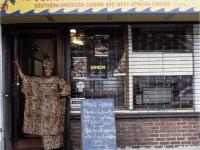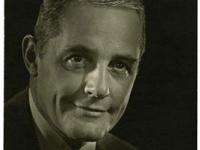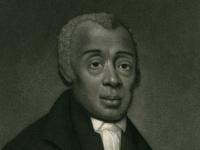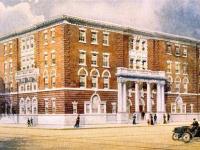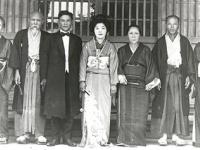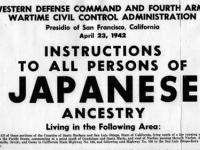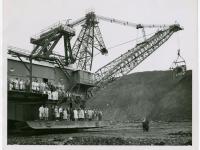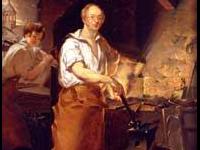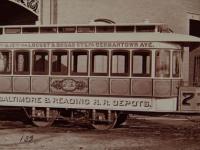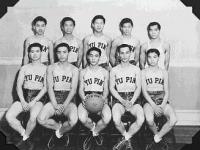Exhibits
Exhibits
|
Family photographs can be difficult to date, especially the farther back in time you go. Unless an ancestor diligently dated and identified sitters it can be hard to figure out who is the subject of a photograph.
|
This exhibit, originally mounted at the Balch Institute for Ethnic Studies in 2001, explores many aspects of the experiences of the new African immigrants living in our midst. The exhibit was the result of 2 years of fieldwork in the African communities of greater Philadelphia. Anthropologist Leigh Swigart collected oral histories from community members, and Vera Viditz-Ward documented community activities through hundreds of photographs. The materials here represent a sample of some of the wonderful stories told in that show. |
|
A politician and liberal reformer, Richardson Dilworth served as mayor of Philadelphia from 1956-1962. His vision for the city shaped much of what we recognize about Philadelphia today: Independence Mall, Society Hill, SEPTA, and the public park system. This exhibit explores and celebrates his life, his service, and his legacy to Philadelphia. |
February, 2010, marks the 250th birthday of Bishop Richard Allen, a revered figure in African American history and one of the nation’s leading abolitionists. Allen's life story is nothing short of extraordinary. Enslaved at birth, he eventually bought his freedom and became one of the most important African American leaders of his day. |
|
In its first 60 years, HSP moved from one rented space to the next, always in search of a permanent home. Through these wanderings its collection and prominence continued to grow, and today it is one of the finest research libraries in the country. |
|
|
The Balch Institute for Ethnic Studies presents this exhibit on "The Japanese American Experience" with a mixture of pride and shame. Shame at what our government did to Japanese Americans during World War II. Pride at how these people, in spite of all the injustices inflicted upon them, overcame their difficulties and eventually became one of America's most successful ethnic groups. |
The Coxe Family Mining Papers were donated to HSP by the Coxe family in 1967. From 1999 to 2001, with funding from the National Historical Publications and Records Commission and the Pennsylvania Historical and Museum Commission, these important records were organized, described, and preserved. The collection, consisting of more than 1,000 boxes and upwards of 300 volumes, richly documents the history of what once was the largest independent anthracite coal producer in the United States. |
|
For this exhibit, we follow Pennsylvania's governance from 1701 to the present, watching as new peoples come to settle in Pennsylvania, as they reach for their rights and liberties, and as the meaning of liberty stretches and grows to meet them. We hope that visitors will gain understanding of how the heat of debate and the force of change create and preserve liberty and self-government even into our own time. |
The J.G. Brill Company and its various incarnations dominated the world of trolley and undercarriage manufacturing for most of its seventy-year history. Based in Philadelphia, Brill was founded in 1868 by a German immigrant and held in family hands well into the 1930s. At its height, The J.G. Brill Company owned plants in six states as well as in Canada and France. |
|
As part of the commemoration of the 125th anniversary of Philadelphia's Chinatown in 1995, a plaque was affixed to the wall of the H.K. Golden Phoenix Restaurant at 913 Race Street, where the city's first Chinese laundry was established in 1870. It reads: "In commemoration of our forefathers, this plaque is dedicated to those who came to the gim san (gold mountain) to seek their fortunes." |


